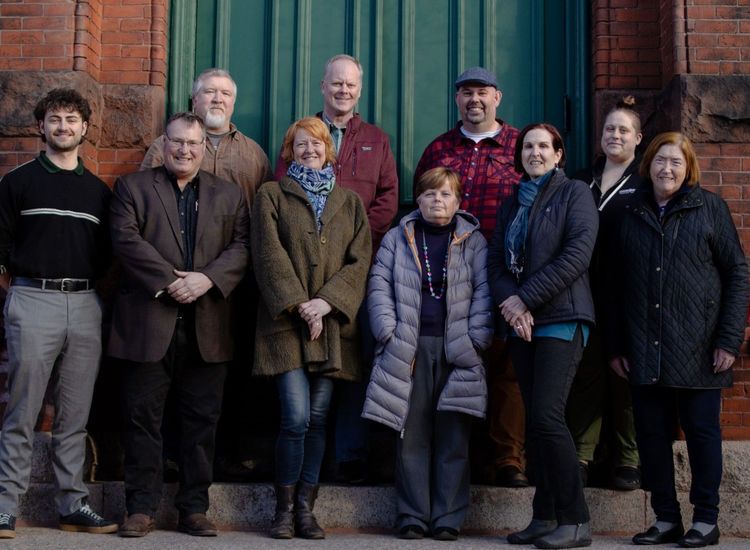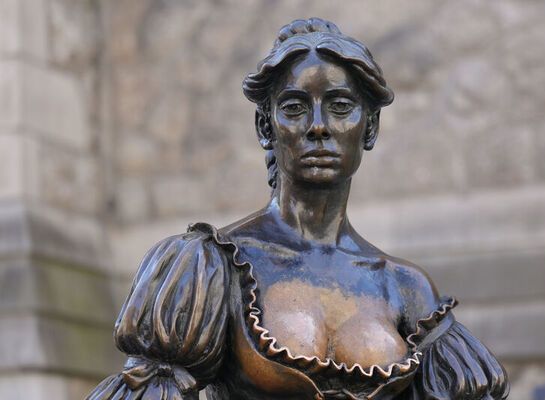The Northern Ireland peace process has never been a smooth process. It has stopped and started, stumbled and hesitated. There have been times when in went into a state of virtual suspension.
But it has moved forward nevertheless, and, this week, it has taken a big stride with the inclusion in the power sharing structure at Stormont of a new political office that will control the running of the police force, the court system and the North's prisons.
Some people unfamiliar with Northern Ireland politics might express surprise that such functions have not been operating from the very start of the power sharing administration. But Northern Ireland is not a normal place in political terms, at least not yet.
But it has taken a big step in the direction of its own version of normality with the appointment of Alliance Party leader David Ford as the North's new justice minister.
Ford's elevation comes 38 years after policing and justice powers were, rightly, and not surprisingly, taken away from a discredited unionist government.
Northern Ireland in 2010 is a very different place than it was in 1972. That's not to say that there are not many challenges ahead for Ford and his department. A bomb blast, responsibility for which has been assigned to the Real IRA, coincided with his arrival in his new job. Tamping down violence from such organizations will be one of Ford's first priorities.
Ford will be required to be an even handed enforcer of the law in a place that, for most of its history, has not been noted for such a phenomenon.
As he goes about his business, Ford will need not just the support of the political parties beyond his own, but also the support and understanding of the people in both communities.
That's not to rule out criticism of course. Criticism in the North's political life is par for the course.
What is still novel, though less so this week, is power. We expect Mr. Ford will wield his wisely.








